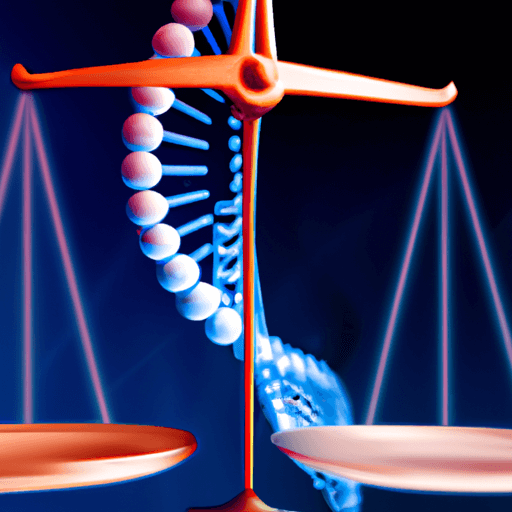Impact of Genetic Engineering on Human Health and Wellness
The revolutionary scientific field of genetic engineering is profoundly altering human health and wellness landscape. With unpreceded opportunities and challenges, this area of study has generated deep ethical implications. This article will delve into these dimensions.
Advancements in Genetic Engineering:
Genetic engineering encompasses manipulating an organism's genes directly by transplanting DNA from other organisms. Largely influential in the realm of human health, it has the promise of significant breakthroughs in combating genetic disorders and enhancing longevity research.
Combat against Genetic Disorders:
By editing or replacing an abnormal gene, genetic engineering has the potential to cure genetic diseases such as cystic fibrosis, Huntington's disease, and others. This technique offers hope to millions suffering from these conditions.
Longevity Research:
Genetic manipulation may hold the key to extended human lifespan. Scientists investigate the role of specific genes in aging, suggesting that gene therapy could slow down, stop or even reverse this process.
Ethical Implications:
Despite the potential benefits, ethical concerns have been central to genetic engineering discussions.
Human Rights:
The basic right to genetic identity has been a subject of debate. The impact of genetic alterations, potentially leading to a loss of genetic diversity, is an issue brought up by critics.
Access to Technology:
One of the significant ethical questions is the accessibility of genetic engineering. It threatens to expand the socio-economic gap, providing superior genetic traits only to those who can afford it.
Designer Babies:
The concept of 'designer babies,' where genes are manipulated to create 'perfect' individuals, is one of the most controversial issues in genetic engineering.
Regulatory Measures:
Given the possible misuse, regulatory responses have been often reactionary and piecemeal. Enhancing existing regulations, fostering transparency, and promoting public dialogue are steps towards responsible governance of genetic engineering in healthcare.
Conclusion:
Genetic engineering is a powerful tool, and its power should be handled responsibly. Although it may bring benefits like disease eradication and longevity, the ethical dilemmas it raises are equally significant. Thus, a balanced perspective, encompassing both its transformative potential and the ethical implications, is critical in shaping its role in the future of human health.
















Comments
Leave a Comment